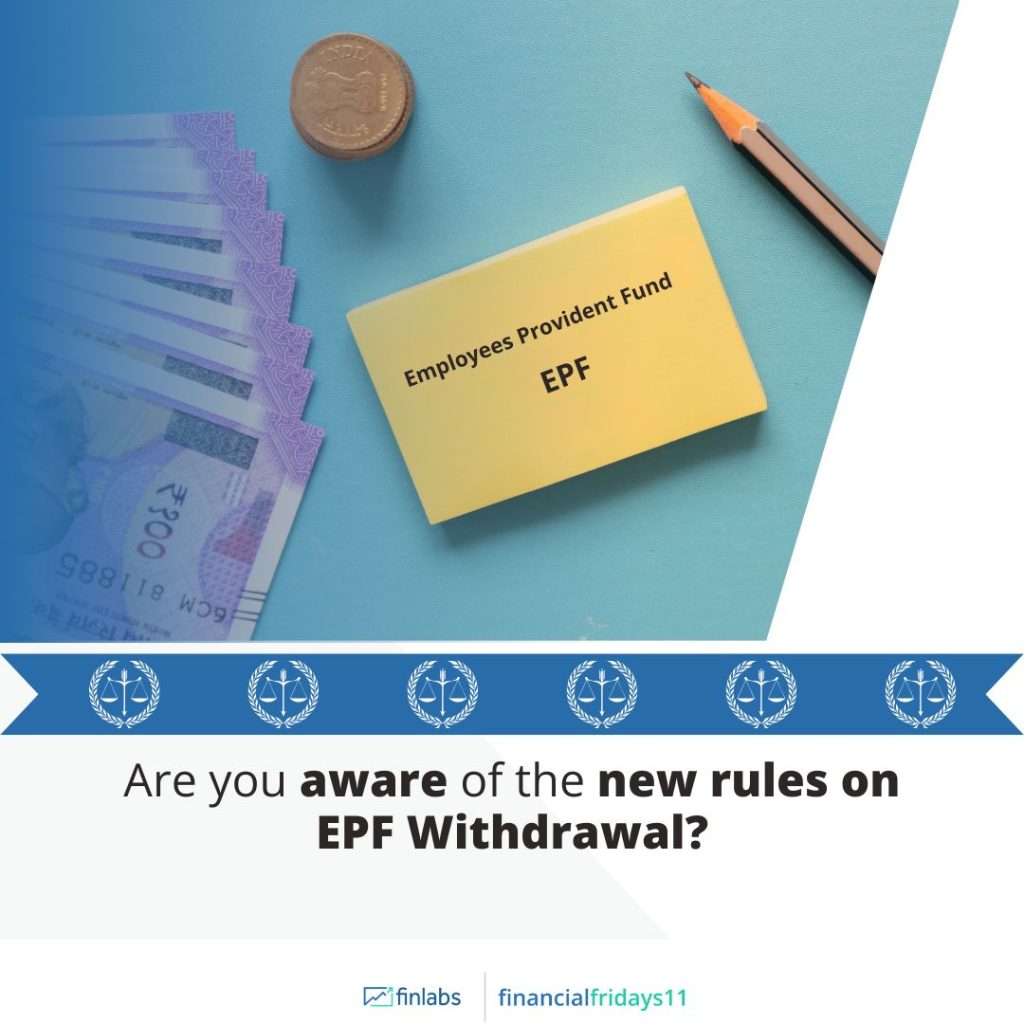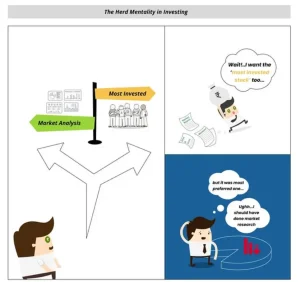What you need to know:
· EPF (Employees’ Provident Fund) is your retirement savings account where you and your employer contribute.
· You can generally withdraw your EPF only after retirement.
· Partial withdrawals are allowed for specific reasons like medical bills or house purchase.
Complete withdrawal:
· You can withdraw all your EPF when you retire or are unemployed for over 2 months.
Partial withdrawal:
· You can take out some of your EPF for medical needs, education, house loan, etc.
· You can apply online for partial withdrawal.
New EPF withdrawal rules (2024):
· Retirement withdrawal: Still can’t withdraw until retirement.
· Partial withdrawal: Apply online for medical emergencies, education, house purchase, etc.
· Pre-retirement withdrawal: You can take 90% of your EPF 1 year before retirement (if you’re 54 or older).
· Unemployment withdrawal: If you lose your job (due to retrenchment), you can withdraw 75% after 1 month. The remaining 25% goes to your new EPF account when you get a new job.
Tax on withdrawal:
· Generally tax-free if you contributed to EPF for 5 continuous years.
· Premature withdrawals might have TDS (tax deducted at source).
· No TDS if the entire amount is less than Rs.50,000.
· TDS rate: 10% with PAN, 30% + tax without PAN.
Checking your EPF online:
· Link your UAN (Universal Account Number) with Aadhaar for online access.
· Access your member passbook here: https://lnkd.in/gwgXwBwx
Documents required for online PF withdrawal:
· UAN
· Bank account details
· ID and address proof
· Cancelled cheque with IFSC code
How to withdraw PF online:
· Visit the UAN portal and log in securely using your UAN and password.
Here’s the link: https://lnkd.in/gMHbTXe
· Verify your KYC details (Aadhaar, PAN, bank info).
· Go to “Online Services” and select “Claim”.
· Check your details and confirm your bank account.
· Agree to the certificate of undertaking.
· Choose “Proceed for Online Claim”.
· Select the type of claim (full settlement, partial withdrawal, pension).
· Specify details like reason for withdrawal (for partial withdrawal).
· Submit your application and upload scanned documents (if needed).
Stay informed, Stay tuned! Every Friday hashtag#financialfridays11
Read more- Technology Is Becoming The Focus Of Wealth Management




